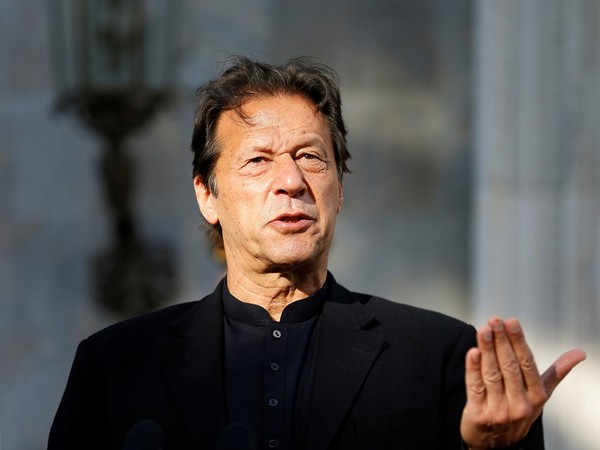Prime Minister Imran Khan’s much hyped public projection of successfully managing Covid pandemic in the country faced a severe blow with Bloomberg’s Covid Resilience Ranking, placing Pakistan at the bottom of the list among 53 economies for the month of February. The UAE was on top position as it performed well on many counts like vaccinated travel route, limited mortality, etc. With the omicron wave abating, countries are found to be accelerating their shift in approach to living with the virus, marking it as a key differentiator among the best and worst places for countries in ranking. Islamabad now needs to rearrange its strategy in handling the pandemic.
Islamabad’s drop in rank was mainly due to low levels of inoculation, tight restrictions on unvaccinated people as well as weak health care infrastructure. Bloomberg tweet said, “Pakistan is now the worst place to be in during pandemic”, contradicting Pak nationalists’ claim for success in managing the Covid-19.
With the reopening progress covid resilience score of 49.8, Pakistan is the worst performer in terms of flight capacity as well as vaccinated travel routes. The score shows Islamabad’s lack of management and efficiency aptitude to change the strategy to deal with the Covid crisis, resulting in disruption of economic activities. Coupled with the ongoing spike in energy prices, Islamabad faces tough task ahead in its economic recovery, which could also impact the electoral performance of the ruling Pakistan Tehreek-e-Insaf (PTI) government.
The Bloomberg report observed that Ireland and Saudi Arabia which stood among the top three countries handling the pandemic the best had minimum social and economic disruptions.
Apart from vaccine related factors and lockdown management, the ranking also considered factors like universal health coverage, human development index as well as GDP growth forecast for the resilience ranking.
Successful Covid management needs a very dynamic strategy. Earlier in November 2021, while comparing the winners and losers from a year of covid resilience ranking, the Bloomberg reported that “twelve months of the ranking, have made one thing clear: past performance is no guarantee of future success or failure”. However, it found that Pakistan is among the nine countries that have never risen above the rakings mid-point in past one year. It concluded that these countries have been the most devastated by the pandemic and may still struggle with limited access to vaccines.
With the outburst of the pandemic, weakness of Islamabad’s health system was under attack. The country faced many issues, not only related to number of health care providers but also their distribution and concentration in urban centres. The physician ratio in Pakistan is one of the lowest in the region (0.96/1000) and so is the case of nurse population ratio (0.49/1000). There continues to be inverse ratio of doctors to nurses with fewer nurses produced than doctors due to high out-migration. Further, there were no trained rapid response teams at provincial, district and sub-district levels to manage this colossal magnitude of pandemic.
Further, absence of equity and poor infrastructure has weekend the health care system. Policy makers who are not related to health sciences had little knowledge about managing healthcare system and are unaware of global transformations in health care systems. This has impacted Islamabad’s responsiveness during the Covid crisis.
Islamabad also lags in UN’s Human Development Index (HDI). The country had ranked 154th among 189 countries in 2020 HDI ranking. Pakistan’s HDI value for 2019 was 0.557 – which put the country in the medium human development category, which is below the group’s average (0.631) and South Asian average (0.641). According to UNDP, 38.3% of Pakistani population is multi-dimensionally poor (in terms of health, education and standard of living).

